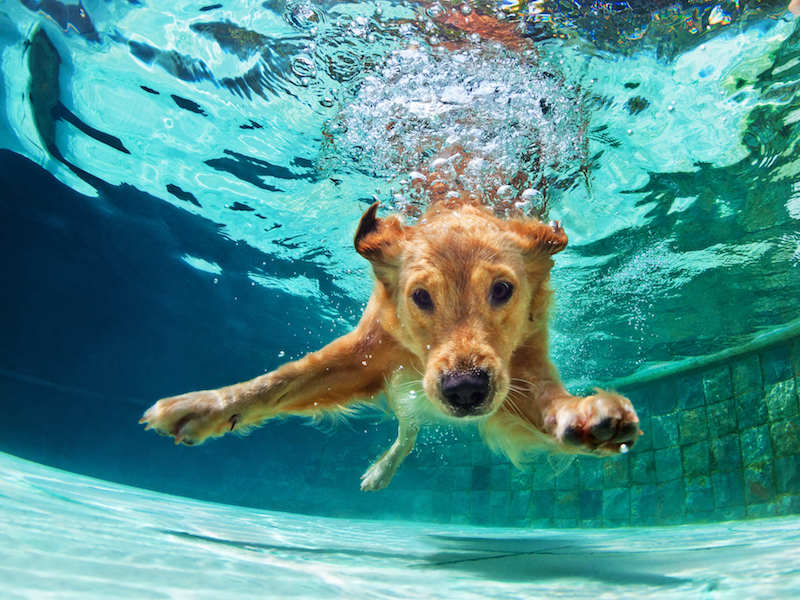
There are many factors which can affect the electrical circuitry of your hearing aids. In fact, you could call moisture kryptonite for hearing aids. Taking that into consideration, humidity is a huge problem.
Irreversible damage is done by invisible moisture. It’s important to educate yourself about why humidity damages hearing aids.
Let’s Talk About Humidity
Even though the word humidity is very common, what does it actually mean? PBS describes humidity as water molecules in the air. When displayed as a percentage, for example, the relative humidity is 40 percent today, it refers to the amount of water vapor in the air compared to what air could hold. When you can feel wetness in the air, that means the relative humidity is high.
Human beings are very sensitive to humidity because sweat is the most effective way to cool down the body. When humidity levels are high our sweat will not evaporate as fast. Electronics are also susceptible to humidity and that is why it has such a detrimental effect on hearing aids.
Why Electronics Have a Problem with Humidity
Strangely enough, electronic devices are not only sensitive to high humidity but low levels as well. When water vapor percentages are high condensation can collect on the delicate elements that make electronic devices function, and low humidity can result in brittle core materials.
Hearing aids rely heavily on internal electronics to work. Newer digital hearing aids use a state-of-the-art audio processing chip to manage noise. It’s what is behind elegant features like:
- Noise reduction
- Anti-feedback
- Targeted listening programs
- Digital sound streaming
High humidity causes moisture to collect in the hearing aids destroying that chip. Batteries get wrecked and you get corrosion of elements inside of the case. You might as well throw your hearing aid in a pool full of water, and the effect is the same.
Keeping Humidity Under Control
If you are looking at hearing aids, try to find products that are water-resistant. This feature will give you some protection from humidity and wet weather, but you still can’t go swimming with them in.
When it’s very humid try to lessen indoor water vapor by using a dehumidifier. It’s not only your hearing aid that will benefit, there are health benefits, and other electronic devices in your house will also be protected. Dust mites, mildew, and mold thrive in moist environments so a dehumidifier will improve the quality of breathing as well. However, protecting your hearing aid more completely will require additional thinking. You will need to take other steps at the same time.
Look for the dehumidifier made for hearing aids. They come at all costs levels. Silica gel crystals in a drying kit are used to protect electronics. You put the device in the dehumidifier for a couple of hours to eliminate moisture. There are also storage containers that dry hearing aids out each night as you sleep. In a pinch, you could use a bag of uncooked rice to remove moisture.
Get in the habit of opening the battery compartment every time you store your hearing aids. By pulling that door open before you put the hearing aid down, you expose the batteries and other elements to the air, allowing any condensation built up to evaporate naturally. Do this all year round, not just in the summer months.
Always store your hearing aids in a cool, dry place. On the table in the sun, in the glove compartment, or in a hot room are examples of where not to store your hearing aids.
Thinking Beyond Humidity
Damage can be caused by other types of wetness. Don’t forget to think about other types of wetness like:
- Make sure all lotion or sunscreen is fully absorbed before touching your hearing aids or putting them in your ears.
- Leave your hearing aids in a safe place before you go swimming.
- When exercising wear a sweatband. It’s a good practice whether you wear your hearing aids when you workout or not. Sweat in your ears can cause problems later.
- Try not to put your hearing aid down on wet surfaces. A glass or coffee cup can leave moisture behind.
Your hearing aids are a valuable asset, so treat them that way. Consider how moisture and humidity can impact them and take steps to prevent water damage. If your hearing aid already has water damage make an appointment for service with a hearing aid specialist.
